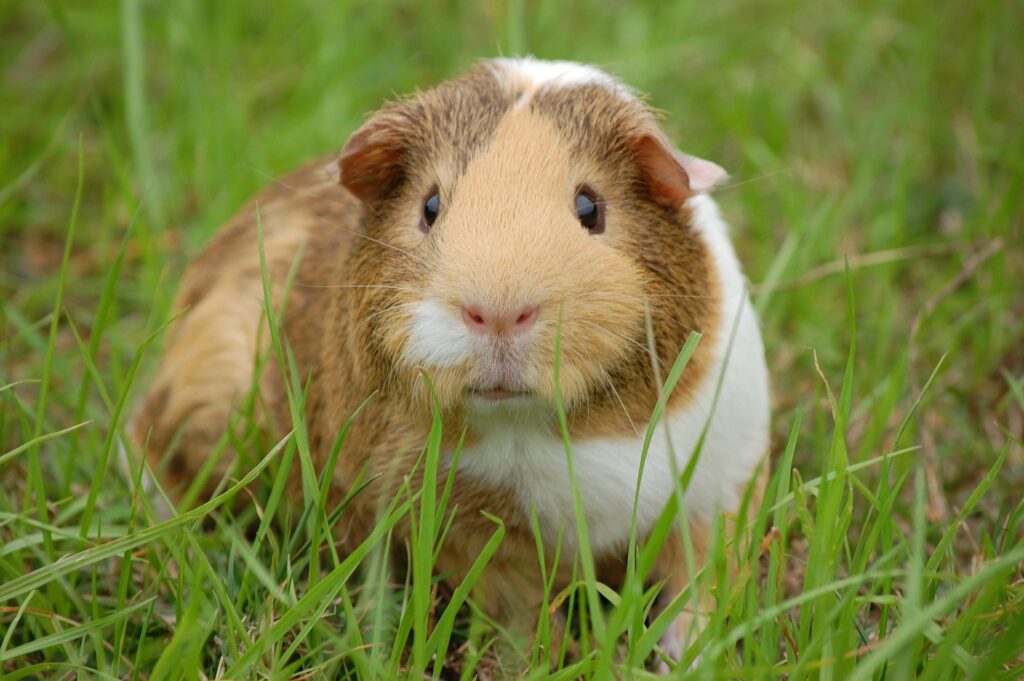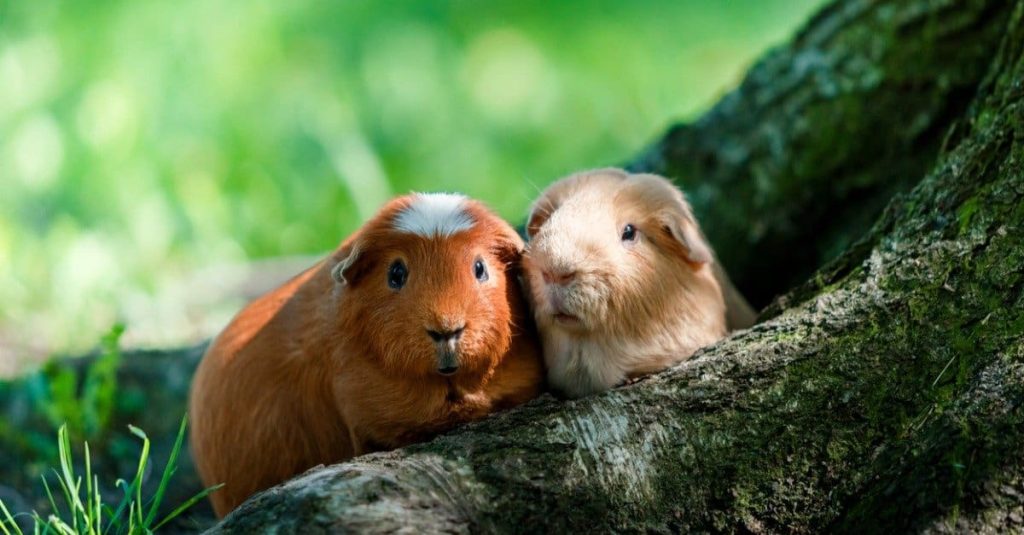Rodents are a group of small mammals that belong to the order Rodentia. This order consists of over 2,000 different species, which include mice, rats, squirrels, hamsters, guinea pigs, and many others. These animals are known for their sharp teeth, which they use to gnaw through various materials, including wood, plastic, and even concrete. While many people see rodents as pests, these animals are actually quite intelligent and possess complex problem-solving skills.

One of the most impressive facets of rodent intelligence is their ability to adapt to different environments. Many rodent species are able to thrive in a wide range of habitats, from deserts to rainforests to urban areas. They are able to find food, build shelter, and navigate through their surroundings with ease. This adaptability is largely due to their problem-solving abilities, which allow them to find creative solutions to the challenges they encounter.
One example of rodent problem-solving can be seen in their foraging behavior. Rodents must constantly search for food to survive, and they have developed a number of strategies to find and collect it. Many species, such as mice and rats, use their sense of smell to locate food sources. They can detect the scent of food from long distances away and will follow their noses until they find it. Other species, such as squirrels, use their memory to locate food. They will bury nuts and seeds in various locations throughout their territory and then rely on their memory to remember where they buried them.

Some rodents have even been observed using tools to obtain food. For example, some species of rats have been known to use sticks to reach food that is out of reach. These animals are able to recognize the usefulness of the stick and will carry it to the food source, using it to push or pull the food towards them. This type of tool use is not limited to just rats, with some species of squirrels manipulating objects in similar ways.
In addition to foraging, rodents also exhibit impressive problem-solving skills in other areas of their lives. Many species build complex burrow systems that provide them with shelter and protection from predators. These burrows can be quite intricate, with multiple entrances and chambers. Rodents must use their spatial reasoning skills to build these structures, as well as their memory to remember the layout of their burrows.
Rodents are also known for their social intelligence. Many species of rodents live in groups, and they must be able to communicate and cooperate with one another to survive. For example, some species of rats have been observed working together to obtain food. One rat will distract a potential food source, while another rat sneaks in and steals the food. This type of cooperative behavior requires a high level of social intelligence and communication.

Another aspect of rodent intelligence is their ability to learn from experience. Many species of rodents are able to remember specific locations and events, which they can use to their advantage in the future. For example, rats have been shown to remember the location of food sources and will return to those locations in the future. They also remember the location of potential predators and will avoid those areas in the future.
Finally, rodents have also been shown to exhibit emotional intelligence. Many species of rodents are capable of experiencing a range of emotions, including fear, happiness, and even empathy. For example, when one rat is placed in a stressful situation, such as being placed in a maze with an electric shock at the end, other rats who witness this event become stressed as well, indicating that they are able to recognize and empathize with the distress of their peers.
In conclusion, rodents are an incredibly intelligent and adaptable group of animals. Their problem-solving skills, social intelligence, and emotional intelligence allow them to thrive in a wide range of environments. While many people view rodents as pests, it is important to recognize and appreciate the complexity of their cognitive abilities. Understanding the intelligence and problem-solving skills of rodents can help us better appreciate the natural world and our place in it.